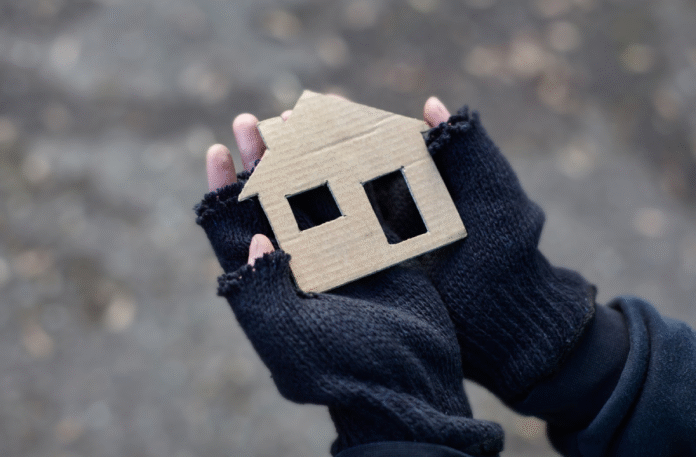
July 8, 2025
RED FM News Desk
Toronto, ON – Toronto’s homelessness crisis has intensified dramatically, with the number of unhoused residents more than doubling over the past three years, according to the City’s latest Street Needs Assessment.
The 2024 survey, conducted in October and finalized this spring, found that an estimated 15,400 people were experiencing homelessness in Toronto last fall—a sharp rise from 7,300 in 2021.
City officials attribute the surge to multiple, overlapping factors: a severe lack of affordable housing, growing health and mental health challenges, inadequate income supports, and substance use issues. The ongoing impact of the COVID-19 pandemic has also played a role.
“This reflects broader trends across Ontario and Canada,” the city said in a statement. Despite the increase in homelessness, the number of people staying in shelters or sleeping outdoors has remained consistent since 2018.
Since the October survey, officials report some reductions in visible homelessness, noting fewer encampments and a dip in refugee claimants within the shelter system. Still, the 2024 survey shows a dramatic shift: more than 50% of those surveyed identified as refugee claimants, up from 13% in 2021.
This rise follows intense scrutiny of the city’s shelter policies. A 2023 report by Ombudsman Toronto condemned the city’s short-lived policy of turning away refugee claimants, saying it caused serious harm. A proposed class action lawsuit is now underway on behalf of refugees denied shelter between late 2022 and 2023.
The data also highlights the overrepresentation of certain groups. Indigenous people make up 9% of the unhoused population, despite being just 3% of Toronto’s overall population. Black Torontonians account for 58% of those surveyed but represent only 10% of the city’s residents. Many reported ongoing health challenges, including mental illness and substance use.
When asked what could have prevented their homelessness, respondents pointed to greater access to affordable housing, legal support for tenants, and help with employment or education.
Toronto has increased shelter capacity by 60% since 2021 and now offers more shelter beds per capita than any other Canadian city. In 2024, over 4,300 people were housed, 1,078 unhoused individuals were brought into shelters, and 25,000 outreach visits were conducted. The city also plans to hire up to 45 new front-line workers this year to expand support efforts.
To improve data and decision-making, Toronto will now conduct Street Needs Assessments annually, with a more comprehensive federal version every three years.







